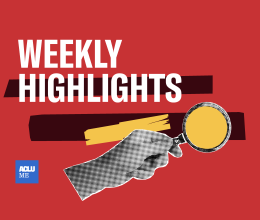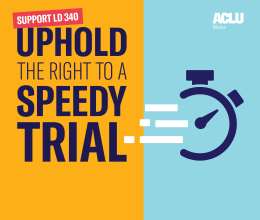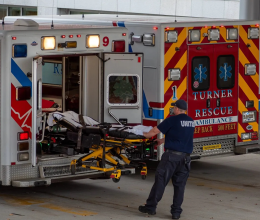This Sunday, we received the sad news that acclaimed actor Philip Seymour Hoffman passed away in his New York apartment of an alleged drug overdose. Tragically he leaves behind a partner of fifteen year and their three children.
Unfortunately, Hoffman’s death is not an anomaly. According to the Centers for Disease Control and Prevention, deaths from drug overdoses increased by 102% between 1999 and 2010. And as a recent Portland Press Herald article highlights, this problem is close to home. In Maine, deaths due to overdose are on the rise – now outnumbering traffic fatalities. While prescription drugs are involved 95% of the time, Maine has seen a step increase in heroin use. According to statistics released by the office of the Attorney General, heroin related deaths quadrupled in Maine from 2011 to 2012.
This tragic rise in deaths due to overdose further highlight what truly is a public health problem. As these statistics demonstrate, punitive drug laws have done nothing to reduce drug use and availability. It is time now that we stop waging the failed War on Drugs and instead reach for more thoughtful, evidence-based, health solutions.
One particular step that could have real impact on preventing deaths related to overdose in Maine is LD 1686 – An Act to Address Preventable Deaths in Maine. If passed, this bill will expand the availability of a drug called Naloxone an “opioid antagonist” that counters the effects of opioid overdose. Specifically, naloxone is used to prevent life-threatening depression of the central nervous system and respiratory system, allowing an overdose victim to breathe normally. Naloxone is non-addictive and only works if a person has opioids in their system; the medication does not produce a high and has no effect if opioids are absent.
Currently someone at risk of overdose can get a prescription for naloxone to self administer. However significant barriers exist to obtaining a prescription as under current law many doctors fear civil and criminal liability. LD 1686 expands the availability of naloxone by allowing people “in a position to assist” someone at risk of overdose (i.e. friends, family, EMTs, First Responders) to legally possess and administer naloxone. It also grants immunity from civil and criminal prosecution to doctors and lay people who possess and administer naloxone.
Similar programs that increase the availability of naloxone, have been proven to save lives. For instance, in San Francisco, naloxone has been distributed since the late nineties with support from the city’s department of public health. Since then, overdose fatalities decreased from a high of 155 deaths in 1995 to only 10 deaths in 2010. Similarly, in response to a surge in overdose deaths, in 2010 the police department of Quincy, Massachusetts successfully led efforts to expand the availability of naloxone. Within 18 months they had reduced the death rate by 66 percent.
Opponents of this bill speculate that increasing availability of naloxone will lead to increased drug use. However research does not support this claim. To the contrary, a six-month study of the pilot program in San Francisco found that participants were injecting less frequently and even noted a small increase in participants entering treatment programs.
Last year the ACLU of Maine testified in support of LD 1046, An Act To Provide Immunity for Prescribing and Dispensing Intranasal Naloxone Kits. While these bills have similarities, LD 1686 is a much more comprehensive bill. It will protect persons who prescribe, possess or administer naloxone from fear of prosecution. It will also ensure that naloxone is available to those who need it most, by allowing the people best positioned to assist in an opioid-related drug overdose to possess naloxone; authorizing administration of naloxone by emergency personnel; and allowing safe, third-party distribution of naloxone.
There will be a public hearing on this bill before the Health and Human Services Committee, tomorrow Wednesday February 5th at 9:00am.
Overdose prevention is just one piece of a larger puzzle in addressing this public health issue. Because LD 1686 will save lives by increasing access to naloxone for those who are in danger of overdose, we are calling on the members of the Health and Human Service Committee to pass this bill.










